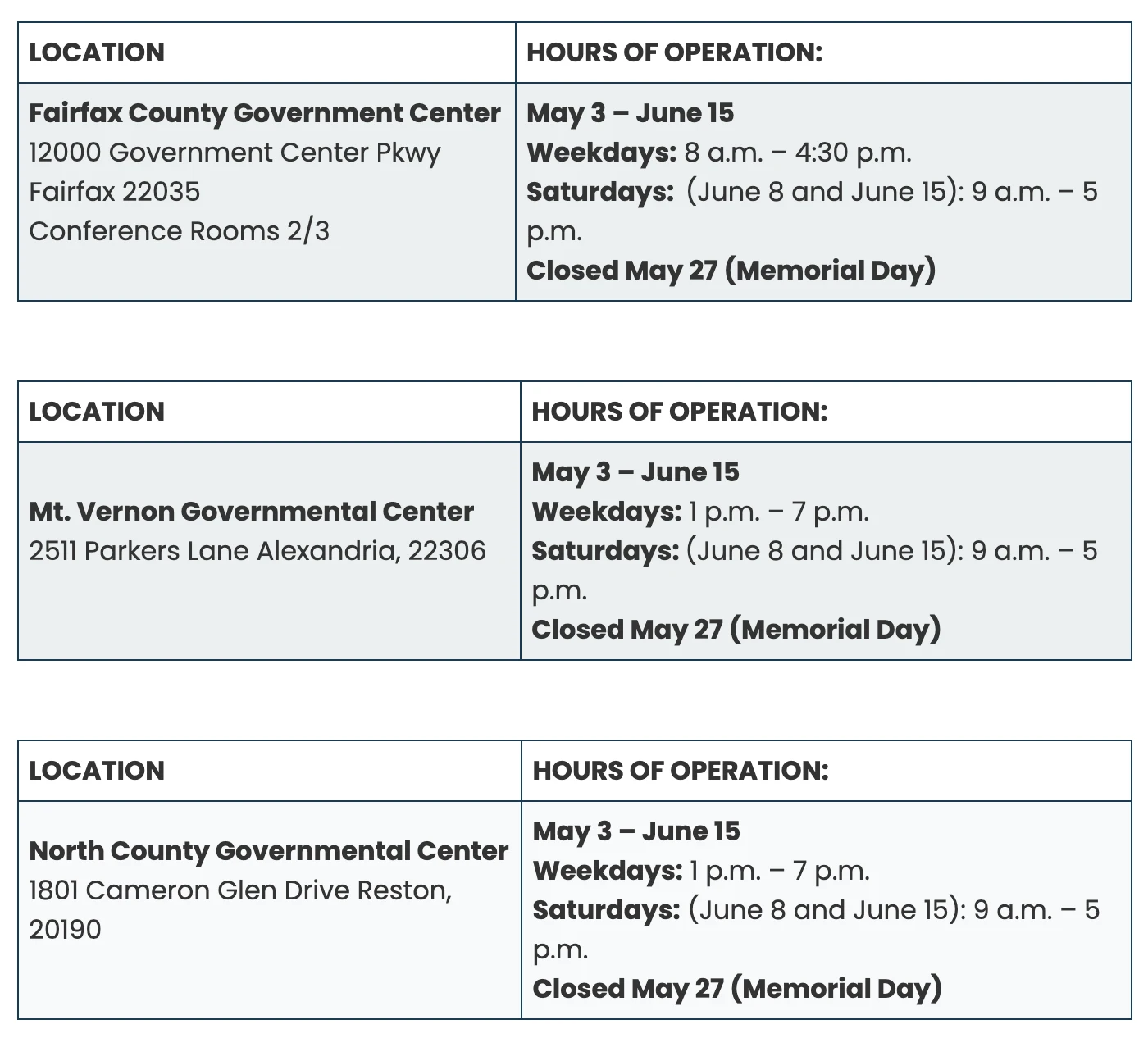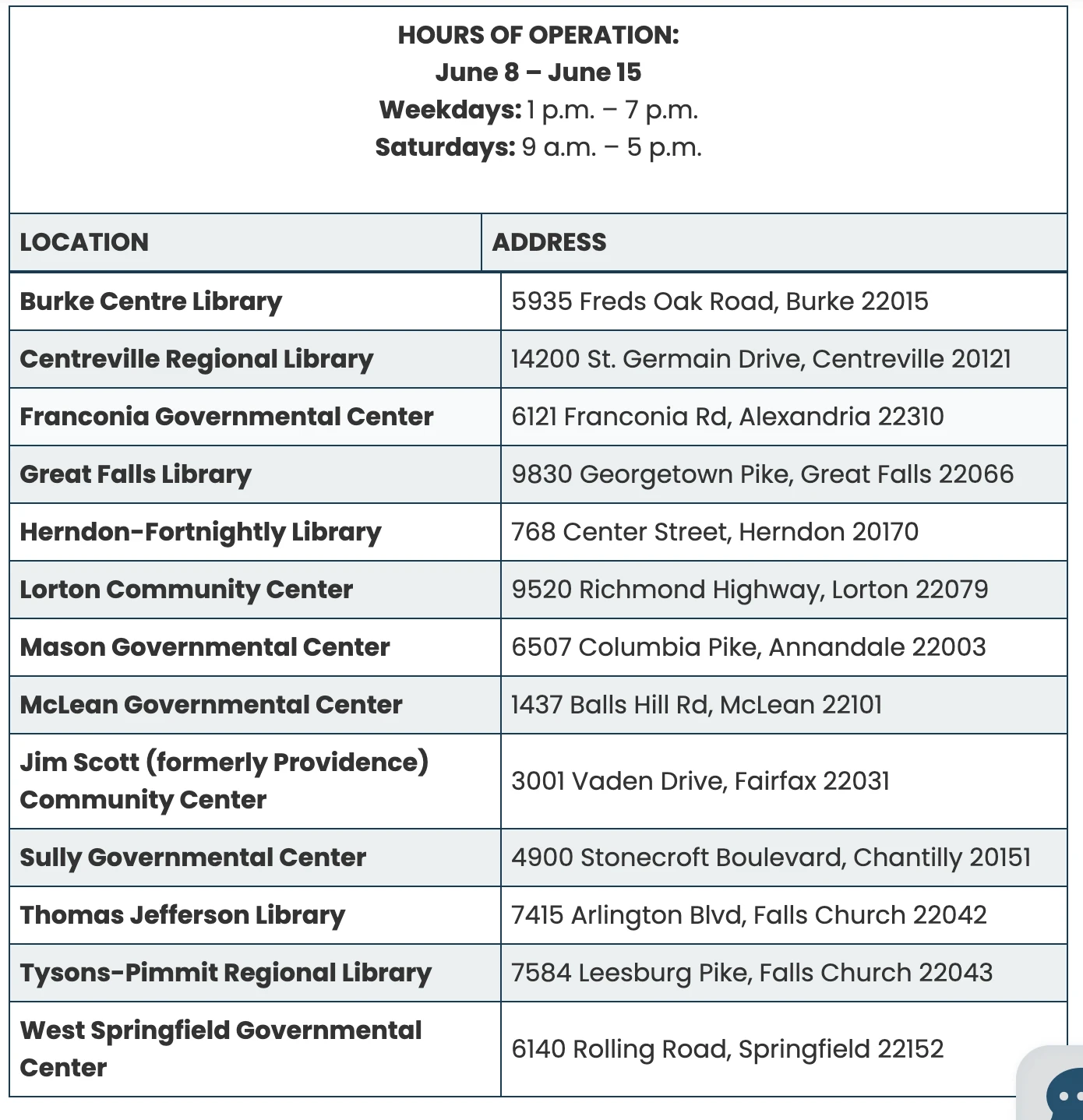
Michael Ginsberg, Richard McCarty & Srilekha Palle | The Federalist
For the last several years, Democrats have been running on wiping out student loan debt at taxpayer expense. On Aug. 24, President Biden finally bowed to the pressure and announced he will unilaterally “forgive” up to $20,000 worth of debt for some borrowers.
Republican candidates have generally had little to say on the subject other than to reject the government giveaway, but the problem of crippling debt remains for many Gen-Zers, Millennials, and Gen-Xers. Republicans may well be losing winnable votes over this issue, and if no plan is put forward, we can expect Democrats will eventually win the day.
What should Republicans do to address the student loan crisis? It is very simple: bring back bankruptcy for student debt for those who cannot repay their loans after several years of good-faith efforts and require that colleges repay half of their students’ discharged debt.
Nearly every college in the country accepts federal money, and if they wish to continue receiving this funding, colleges should be willing to assist in cleaning up the mess that so many of them helped create.
Fifty years ago, college debt was readily dischargeable in bankruptcy; but since then, Congress and the courts have made it more and more difficult to discharge student debt. It is past time to reverse course.
How big is the student debt crisis? Nearly 48 million Americans owe money on student loans; more than 45 million of them owe the federal government. A U.S. News poll from earlier this year found that 37 percent could not afford to make payments on these loans. Another 27 percent said they could barely afford to make their payments. If this poll is accurate, more than 15 million borrowers cannot repay their loans, and 9 million can barely afford their loan payments.
In addition to helping individual borrowers, bankruptcy for student debt would benefit American society. The U.S. News poll also found that 37 percent of those with student debt were putting off a home purchase, 32 percent were putting off saving for retirement, 19 percent were putting off starting a family, and 18 percent were putting off marriage.
Once freed from their debts, these college graduates would have an easier time settling down, starting and raising a family, and buying a home or starting a business. All of these outcomes benefit society at large and increase the likelihood that a person will hold conservative views.



